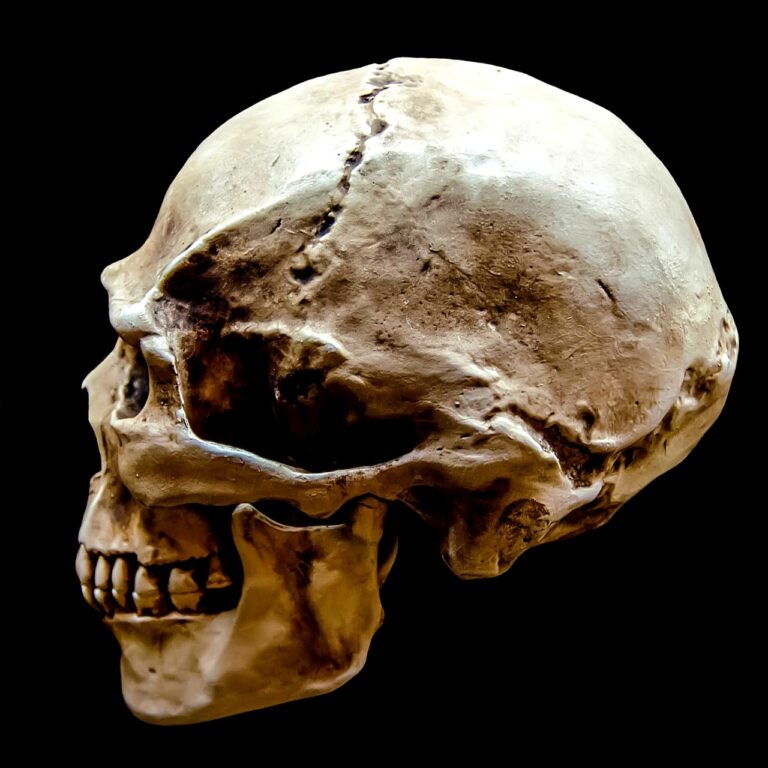The Impact of Childhood Trauma on Adult Health
When adults have experienced childhood trauma, they may exhibit a variety of signs and symptoms that reflect the lingering emotional and psychological impact of their past experiences. These can manifest in different ways, such as difficulty regulating emotions, frequent mood swings, and a sense of detachment from others. Additionally, adults who have experienced childhood trauma may struggle with forming and maintaining healthy relationships, as well as experiencing ongoing feelings of anxiety, depression, and low self-esteem.
Furthermore, physical symptoms can also be present in adults who have endured childhood trauma. These may include chronic pain, gastrointestinal issues, headaches, and other somatic complaints. The connection between past trauma and physical health is well-documented, with research showing that unresolved emotional wounds can manifest in physical symptoms over time. It’s crucial for individuals who have experienced childhood trauma to seek support and professional help to address these symptoms and work towards healing.
Understanding the Relationship Between Childhood Trauma and Physical Health
Childhood trauma can have a profound impact on one’s physical health in adulthood. Research has shown that individuals who have experienced trauma during their formative years may be at a higher risk for various physical health conditions later in life. This connection between childhood trauma and physical health highlights the importance of addressing and understanding the long-term effects of early life adversity.
Moreover, the stress and adversity experienced during childhood can lead to dysregulation of the body’s stress response system, known as the hypothalamic-pituitary-adrenal (HPA) axis. This dysregulation can contribute to chronic inflammation, weakened immune system functioning, and an increased vulnerability to conditions such as heart disease, diabetes, and autoimmune disorders. By recognizing the impact of childhood trauma on physical health, healthcare providers and individuals alike can work towards implementing strategies to promote healing and overall well-being.
How can childhood trauma manifest in adults physically?
Childhood trauma can manifest in adults physically through symptoms such as chronic pain, headaches, digestive issues, and weakened immune system.
Can childhood trauma impact physical health in the long term?
Yes, childhood trauma can have long-term effects on physical health, as it can lead to chronic conditions such as heart disease, diabetes, and autoimmune disorders.
Is there a connection between childhood trauma and substance abuse?
Yes, individuals who have experienced childhood trauma are more likely to turn to substance abuse as a coping mechanism, which can further impact their physical health.
How can individuals with a history of childhood trauma improve their physical health?
Seeking therapy, practicing self-care, and adopting healthy lifestyle habits such as exercise, proper nutrition, and adequate sleep can help individuals with a history of childhood trauma improve their physical health.
Can childhood trauma be passed down through generations?
There is evidence to suggest that childhood trauma can be passed down through generations, impacting not only the physical health of the individual who experienced the trauma but also their offspring.







